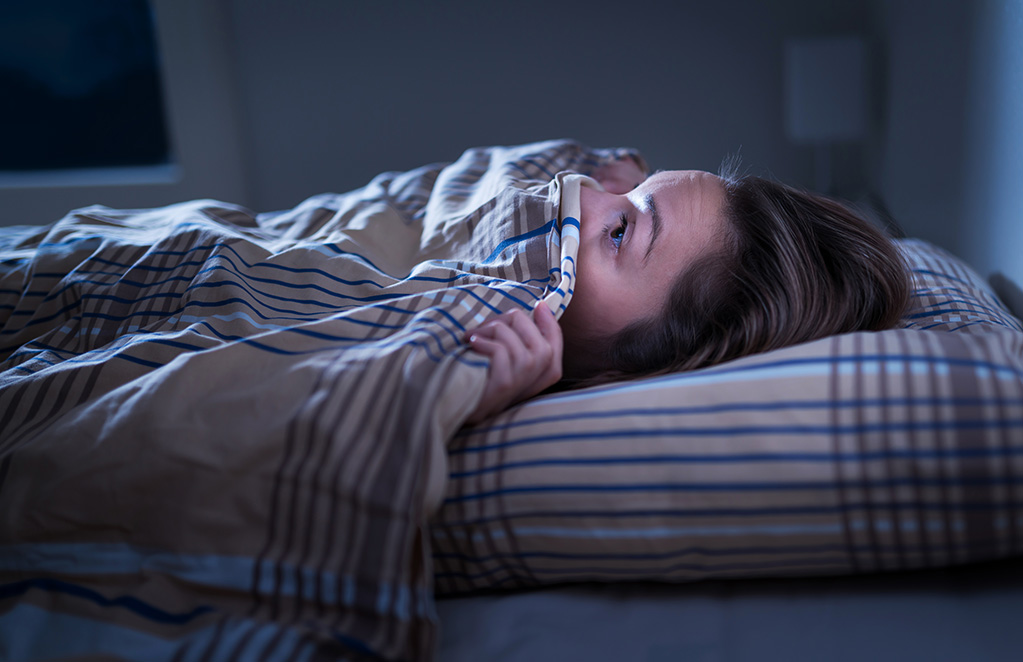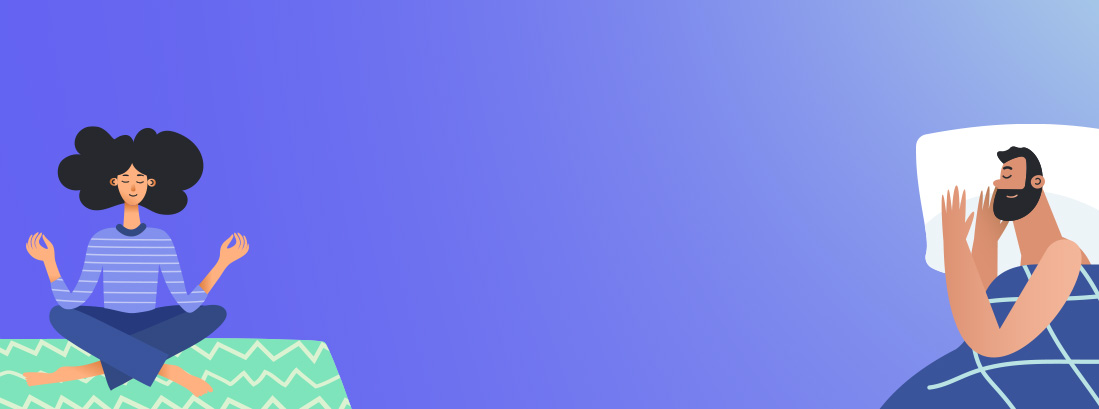
The Science of Sleep
We all know how we feel when we sleep well and when we don’t sleep enough. We can feel the effects of sleep on our brains and bodies, but we may not understand why we sleep.
How Sleep Works
The specific reason why humans sleep remains one of the most lasting and intriguing mysteries in health science, despite decades of investigation. Experts examine how sleep works and what happens when we don’t get enough sleep to try to answer this question. Sleep is very complex, according to studies, and has an impact on nearly all physiological systems. The production of hormones and substances that govern sleep and wakefulness involves multiple areas of the brain.
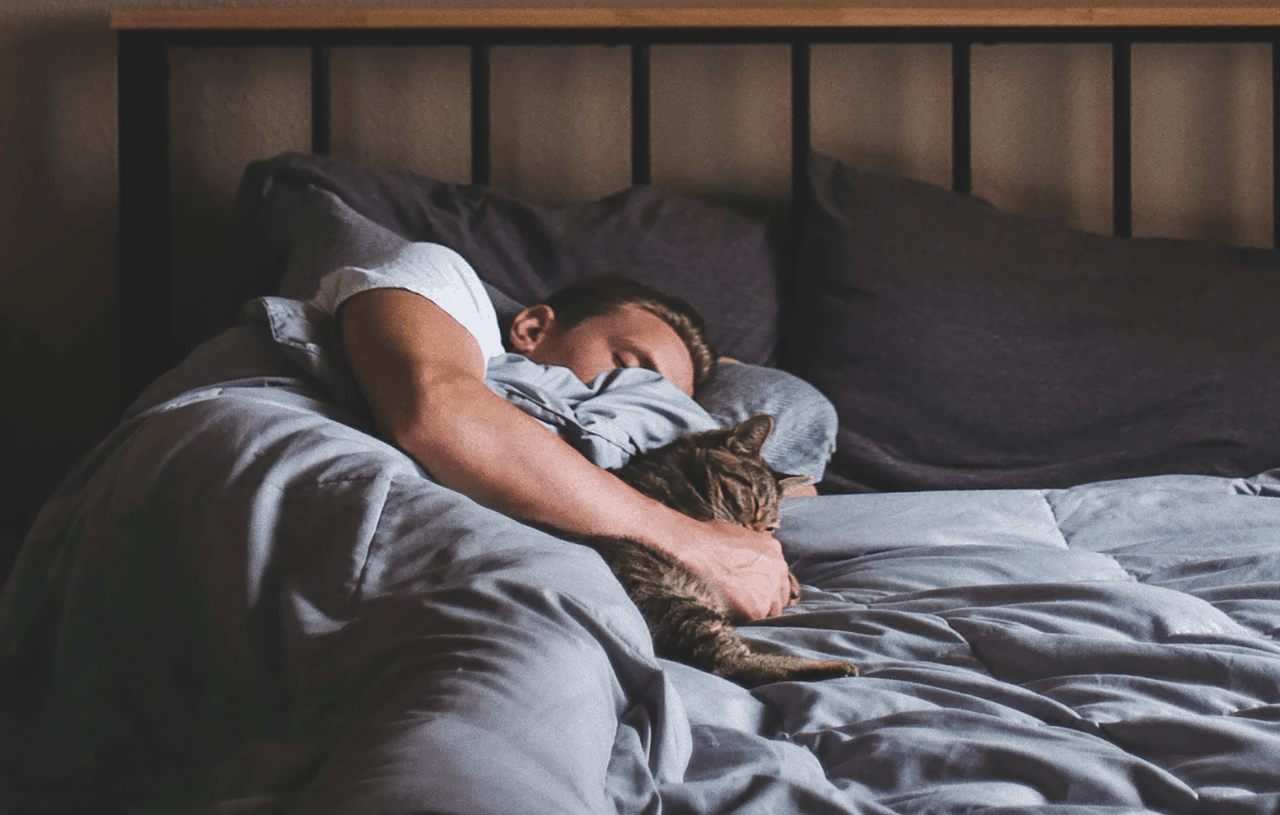
How Sleep Affects The Body

The Genetics of Sleep
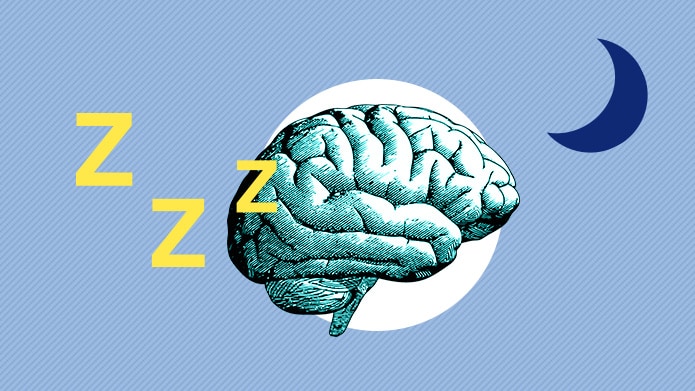
Sleep and The Brain

Why Do We Sleep?
Stages of Sleep
Each cycle progresses through each stage of sleep in the following order: wake, light sleep, deep sleep, REM, and repeat. Early-night cycles have a higher amount of deep sleep, while later-night cycles have a higher proportion of REM. Your body may decide to forego deep sleep entirely at the end of the cycle.

REM Sleep: Everything You Need To Know
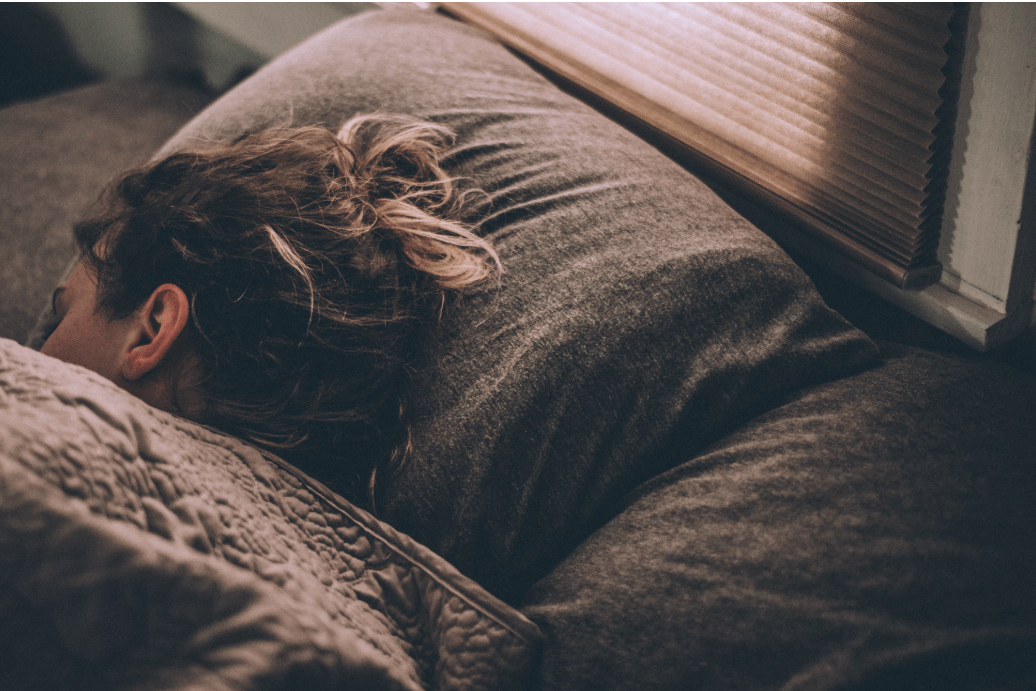
N3: Slow Wave Sleep
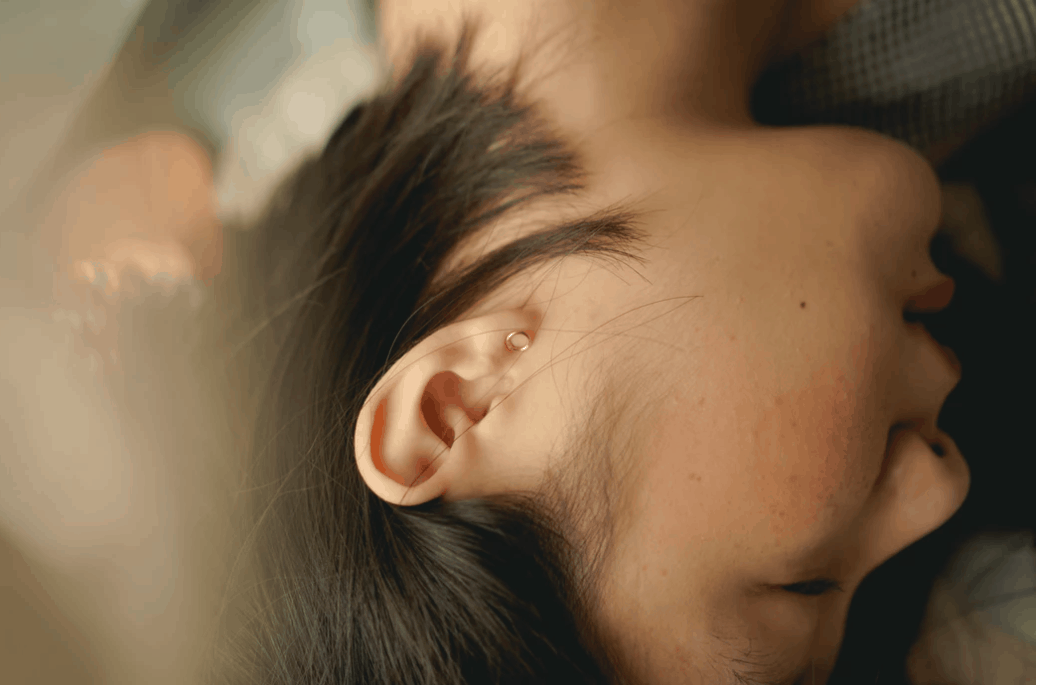
N2 Sleep: K Complexes and Sleep Spindles
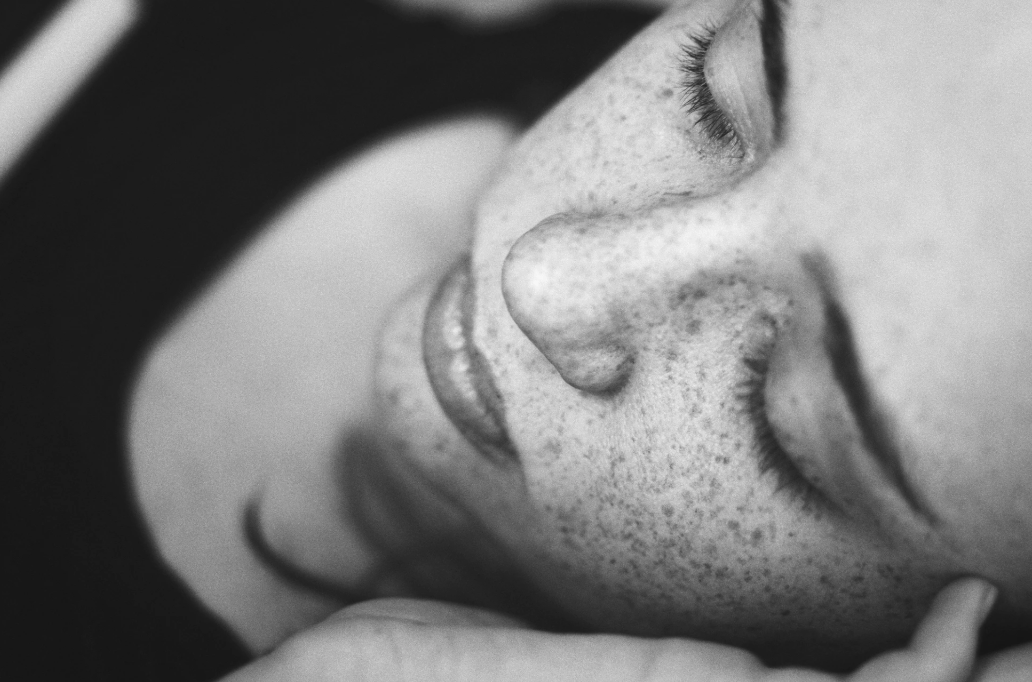
N1: Non Rapid-Eye Movement Sleep, Stage 1
Dreams
Our minds produce stories and visuals in our dreams while we sleep. They can be amusing, amusing, romantic, distressing, frightening, and odd at times.
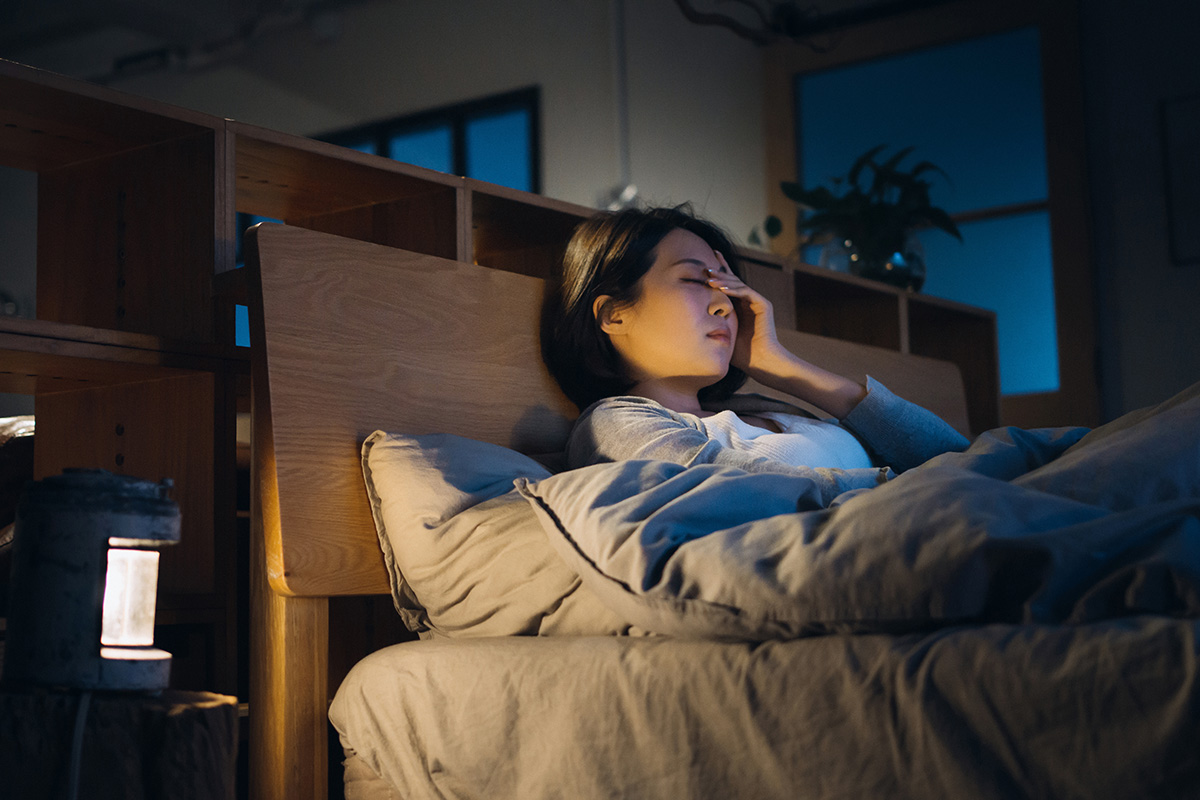
The Relationship Between Trauma, Sleep, And Dreams

The Relationship Between Dreams And Memories
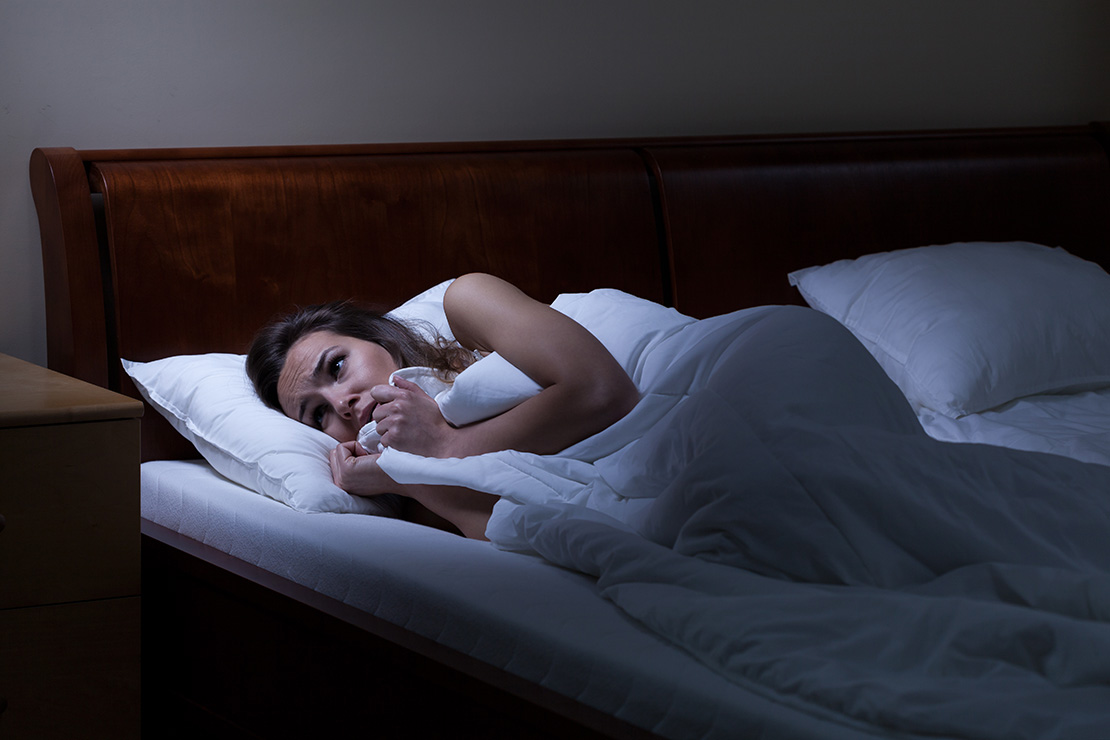
The Difference Between Nightmares And Night Terrors
